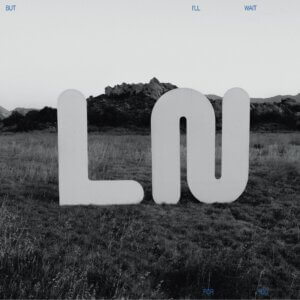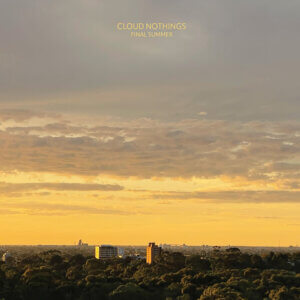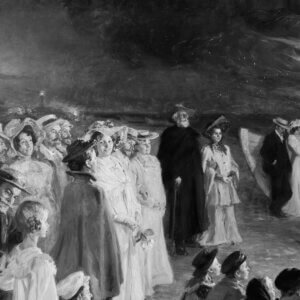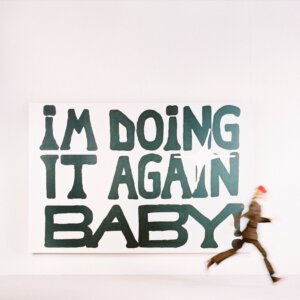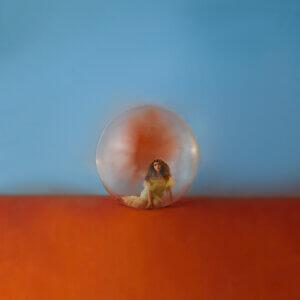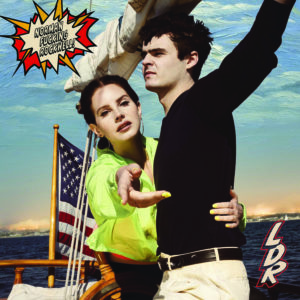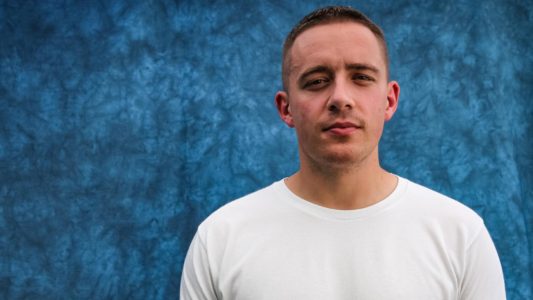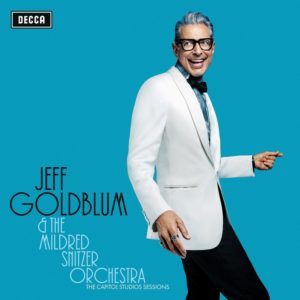The Preatures Make Alt-Country Fun Again
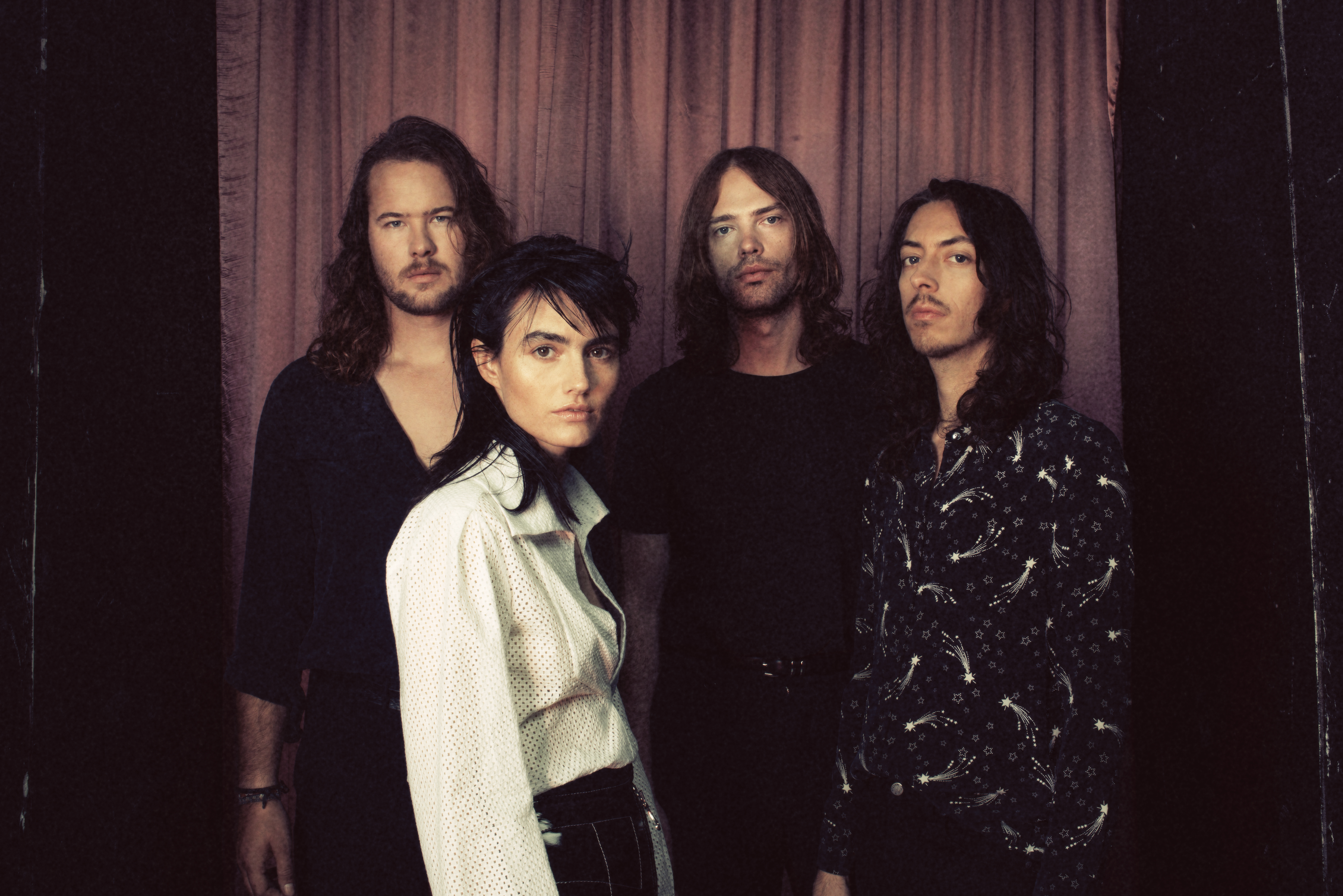
Always defying labels and expectations , you may not even realize Australia’s The Preatures are Australian on first listen. Fusing pop with Southern-infused rock, the band has managed to bring back the sense of catchy alternative country that was so addictive before the 2000s. Following the departure of guitarist and vocalist Gideon Bensen, the band recently released their new album Girlhood. We caught up with singer and songwriter Isabella Manfredi to talk about their old-school influences, reflecting on themselves and how they created an anthem for Australia’s Indigenous community.
Northern Transmissions: Where did the concept for “Yanada” come from and how did you involve the Darug people in the process?
Isabella Manfredi: Sydney was the point of first contact here in Australia. The relationship with the indigenous people here has had a lot of missed opportunities. After touring the world for three years, visiting other cities and countries, learning other languages and learning about different cultures, we realized we didn’t know a lot about our cities and culture. I was invited to see this play called the Secret River, that charts the story of an English family settling in Australia near Sydney, and the Indigenous family that they usurp and take their land from. The story had a profound effect on me and then I went to write this song. I needed to think about how this would affected the community and had to talk to people.
NT: How has Jack’s change in the production roles affected things in the studio?
IM: Jack’s always produced what we’ve done in one way or another. He produced our first EP out of a school hall, and he was the sole producer on “Is This How You Feel.” For the last record we did a lot of bed tracks with Jim Eno from Spoon, but then the record was made by Jack when we got back to Australia. For this record he wanted to elevate what were doing and push the space. Our studio is in a pretty shitty room in a warehouse in Sydney, it’s just a room. He really pushed the lyrics a lot which was great for me because the lyrics for this record was something I was really aware of.
NT: How has the writing and performance dynamic changed for you since Gideon left?
IM: It hit me when he left. But the performance dynamic hasn’t changed that much. We started doing shows as a four-piece and I wigged-out without him on stage, but after a while it actually sounds tighter. With all respect to Gid, he would be the first to say that and he has said it to us. It’s hard to say what the record would’ve been like if he stayed on, all I know is that Luke, our drummer, slipped a disc in his back and that was a bigger factor in how the album was made. A lot of the songs were written by me or Jack alone and then taken into the group.
NT: Do you think the cooling period you guys took between records made it a more personal release?
IM: I spent a lot of time at home, doing things with the space that you’re not afforded on the road, when you’re always together. Of course now that we’ve been off the road for a while, I miss it. I’ve been going to the movies, seeing my Nana, cooking, and seeing my parents which I didn’t get to do for three years. I’ve been trying to learn to drive, because I’ve spent my life working in the band and never needed to drive. Jack was saying to me that when you’re on tour you don’t age, you exist in an ageless space, because your life is kind of artificial. After the tour the years catch up with you. I like having the space away to be able to work instead of being in the studio for three weeks intensely.
NT: I read somewhere that you viewed the record as being a collage in a girl’s room, can you explain this a little?
IM: The concept for the record, without being a concept record, started out as a lot of ideas I’d had. You try to set a mood with an album so when people want to experience that emotion they put the record on. The songs contrasted, so I was exploring the different sides of my identity. To rest in that process I made a home for that process. I imagined that it was a collage on my childhood bedroom wall, with sometimes contrary elements. Defining it by gender is very limiting, and I was trying to get beyond those archetypes.
NT: Something that always stood out to me about your sound along with the Divinyls influence was the clear undertones of southern rock, how did that come into your music and what’s pushed you more towards the pop for this release?
IM: I really love country, especially alternative-country. When everyone was listening to the Strokes, I was listening to Ryan Adams back when I was a teenager, but I still listen to him. As a band we love J.J. Cale, and I hear a lot of J.J. in “Is This How You Feel.” I love the sense of storytelling, and that there’s a sense of something greater beyond the now, whereas pop is totally present.
Words by Owen Maxwell
Latest Reviews
Tracks
Related
Advertisement
Looking for something new to listen to?
Sign up to our all-new newsletter for top-notch reviews, news, videos and playlists.

